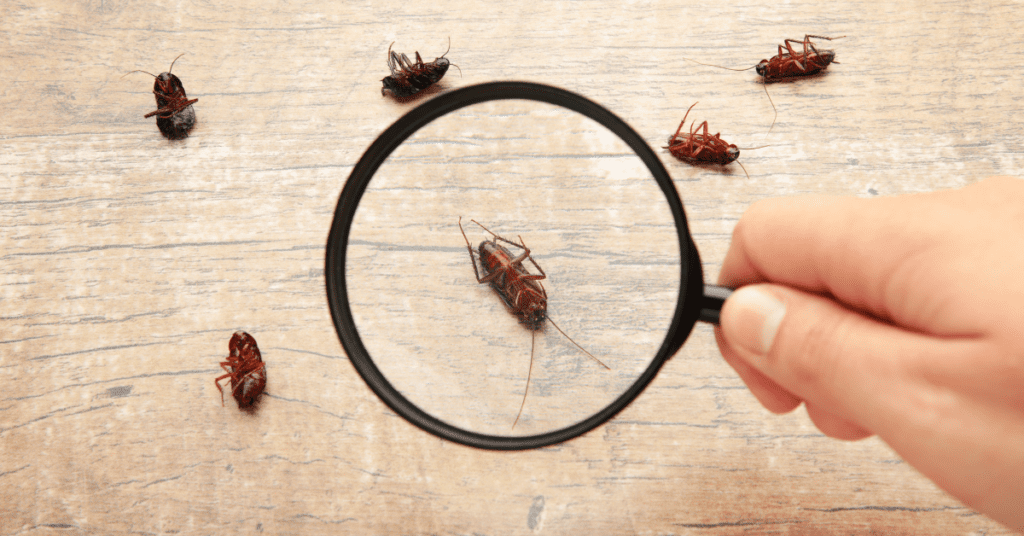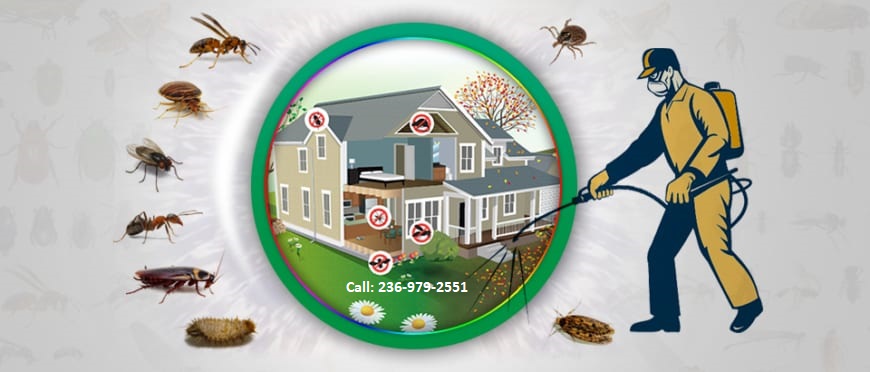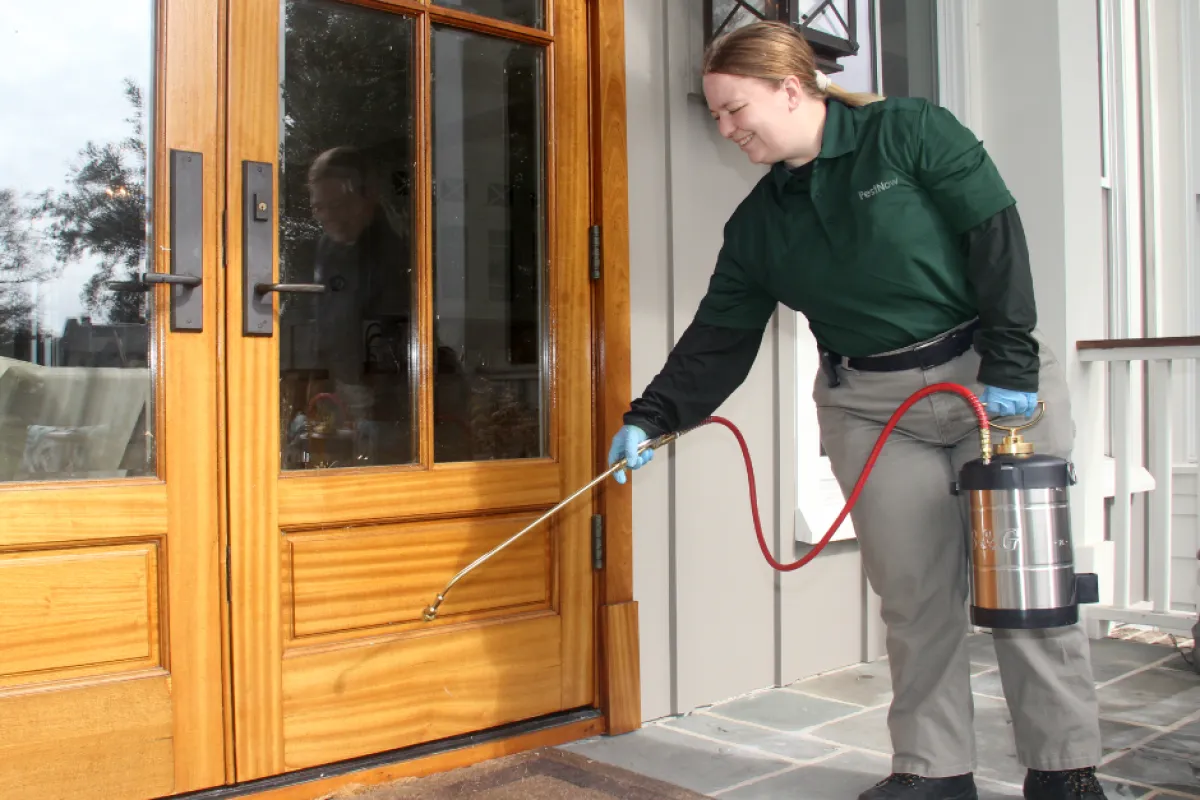Professional Wasp Control Coquitlam: Safe and Efficient Pest Removal
Professional Wasp Control Coquitlam: Safe and Efficient Pest Removal
Blog Article
Safe and Reputable Pest Control for Lasting Security
Effective bug management needs a diverse method that balances environmental honesty with the requirement for effective pest reductions. The nuances of these techniques may not be quickly clear, prompting a better examination of the techniques that can lead to sustainable pest control end results.
Understanding Bug Control Techniques
Bug control encompasses a range of methods targeted at managing and getting rid of undesirable pests and rodents that can endanger both health and wellness and residential or commercial property. Understanding these methods is essential for reliable bug management.
The key classifications of parasite control approaches consist of mechanical, organic, and chemical techniques. Mechanical approaches involve physical barriers and traps to avoid bug access and capture unwanted varieties. Making use of screens on home windows or using sticky traps can considerably reduce bug populaces without presenting hazardous substances - exterminator coquitlam.

Chemical pest control is commonly one of the most recognized method, utilizing chemicals to eliminate parasites. These chemicals can be effective but have to be used with care to prevent unfavorable effects on non-target varieties and the environment.
Advantages of Eco-Friendly Solutions
How can environment-friendly services transform parasite control practices? The fostering of environment-friendly insect control approaches offers various advantages, significantly boosting the performance and safety and security of bug management.

Another advantage is the positive influence on regional biodiversity. Environmentally friendly options are developed to target specific bugs while protecting advantageous bugs and wild animals, advertising a well balanced environment. This technique lines up with the expanding consumer demand for lasting techniques, enhancing the online reputation of bug control companies.
Integrated Insect Monitoring Methods
The application of environment-friendly services normally results in the adoption of Integrated Bug Monitoring (IPM) strategies, which better boost bug control effectiveness. IPM is an all natural approach that combines numerous strategies to handle parasite populaces while decreasing ecological influence. This strategy stresses the usage of biological, social, mechanical, and chemical controls, making certain a well balanced and lasting technique of pest management.
One fundamental aspect of IPM is the extensive assessment of bug task and ecological problems. By keeping an eye on pest populations and identifying their life process, experts can carry out targeted interventions that interfere with the pest's environment or lifecycle, lowering dependence on chemical pesticides. In addition, social techniques such as plant rotation and habitat adjustment can dramatically decrease bug facility and reproduction.
Another crucial part is using biological control representatives, such as valuable bugs or bacteria, which can normally subdue insect populations. When chemical applications are necessary, IPM focuses on the use of low-risk chemicals and uses them precisely, reducing direct exposure to non-target microorganisms and humans.
Including IPM approaches not just boosts pest control performance however also advertises a more secure ecological community, straightening with the growing demand for lasting techniques in insect management.
Safe Practices for Property Owners
Comprehending the importance of safe methods in pest control can encourage homeowners to properly manage pest useful source issues while protecting their wellness and the environment. Applying non-toxic techniques and preventative measures is important in reducing direct exposure to hazardous chemicals.
Property owners need to first analyze their atmosphere for conditions that draw in insects, such as standing food, mess, and water wasp nest removal waste. Frequently cleansing and securing entrance factors can discourage bugs from attacking the home. Making use of all-natural deterrents, such as important oils or diatomaceous planet, can give efficient choices to chemical pesticides.
When chemical therapies are essential, house owners ought to go with items that are specifically identified as secure for domestic usage. It is important to comply with application guidelines meticulously to stay clear of overexposure. Additionally, making use of targeted therapies in locations where parasites are identified, rather than blanket spraying, can considerably decrease chemical use.
Last but not least, preserving open interaction with bug control experts is important. Homeowners must make inquiries regarding the safety of items used and request environmentally friendly alternatives whenever possible. By adopting these safe methods, home owners can produce a healthier living atmosphere while effectively handling insect concerns.

Tips for Long-Term Defense
Developing a bug management approach that stresses long-lasting security can substantially enhance the efficiency of the secure techniques formerly discussed. To achieve this, property owners need to apply regular inspections of their residential property, focusing on hidden locations such as attic rooms, basements, and crawl areas. Early detection of parasite activity is essential in protecting against problems from holding.
These methods lower attractants that draw parasites into the home. Securing entry factors, such as splits around doors and windows, can effectively block potential parasite gain access to.
Landscaping terminex should likewise be taken into consideration; maintaining plants trimmed and preserving a distance in between plants and the home minimizes concealing places for pests. Utilizing all-natural deterrents, such as important oils or diatomaceous planet, can even more inhibit invasions without resorting to harsh chemicals.
Last but not least, teaming up with an expert insect control solution for periodic evaluations can provide an added layer of safety and security. These experts can use customized suggestions and progressed treatments, ensuring that your home remains secured against bugs in the long-term.
Verdict
Finally, dependable and safe insect control requires a diverse method that highlights eco-friendly approaches and incorporated parasite administration. By carrying out all-natural deterrents, conducting regular examinations, and maintaining appropriate sanitation, residential property proprietors can substantially reduce bug populations while shielding advantageous bugs and the setting. Cooperation with professional insect control solutions improves the effectiveness of these approaches, ensuring tailored options that give lasting defense and assurance versus future infestations.
Effective insect administration requires a multifaceted approach that balances eco-friendly stability with the requirement for efficient parasite reductions. The fostering of eco-friendly insect control methods provides various advantages, considerably improving the efficiency and security of parasite management.The execution of environmentally friendly services naturally leads to the adoption of Integrated Pest Management (IPM) strategies, which additionally boost insect control efficacy. exterminator coquitlam. By checking pest populations and determining their life cycles, experts can carry out targeted treatments that interfere with the insect's habitat or lifecycle, decreasing reliance on chemical pesticides.In conclusion, risk-free and trustworthy parasite control needs a complex approach that stresses eco-friendly techniques and integrated pest administration
Report this page